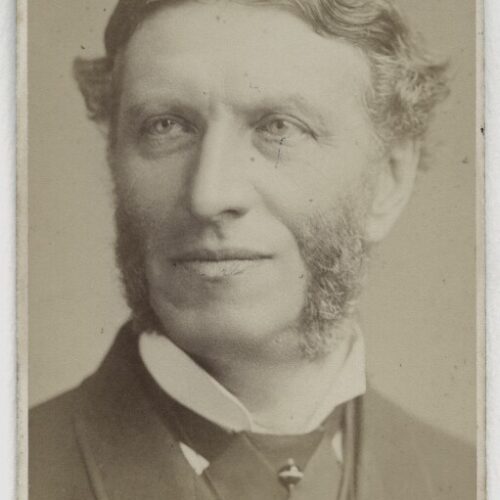

Hath man no second life? Pitch this one high! Sits there no judge in Heaven our sin to see? More strictly, then, the inward judge obey!
Matthew Arnold, The Better Part
Matthew Arnold was a poet, critic, and inspector of schools; the son of celebrated headmaster Thomas Arnold. Though a believer in the cultural value of the Church, he could not align himself with the supernatural elements of The Bible, or with its literal interpretation, drawing hostile criticism from conservative religious thinkers. In many ways, his argument for the reading of religious texts as historical and moral documents, and his sense of the need for ‘a beneficial social and civilising agent’, anticipated the efforts of the early organised humanist movement, which sought to establish a secular basis for ethical action, and treat The Bible as merely an admirable work of human invention.
Born in 1822, Matthew Arnold was the son of the notable headmaster of Rugby School Thomas Arnold. Perhaps inevitably, he attended his father’s school where, by all accounts, he seemed relatively unaffected by this paternal presence, though the young Arnold never fully subscribed to the ethos of the school which his father had won acclaim for establishing. A capable if idle student, Arnold won a scholarship at Balliol College, Oxford to study Classics, where he devoted the majority of his time to writing poetry and living a life of leisure, rather than pursuing his academic studies. Despite graduating with an underwhelming degree classification, he became a fellow at Oxford’s Oriel College before being appointed as personal secretary to the Whig politician Lord Lansdowne in 1847. It was a less than demanding post which allowed Arnold to continue to enjoy the finer things in life, while further developing his real passion of writing poetry.
Arnold wrote and published a great deal of poetry over the next few years; indeed, most of the work for which he is remembered was composed before he turned thirty. Much of Arnold’s poetry deals with themes of internal turmoil, maturity, doubt, and the projection of his own personal insecurities and unhappiness. These themes are perhaps most explicit and illuminating in Empedocles on Etna, a grand poem which involves a discussion between three characters, led by Empedocles who struggles in vain to stand for stoicism in the face of the inevitable hopelessness and woe of life, and ultimately commits suicide by jumping into the volcano. A pessimistic, moody poet, Arnold’s work explores humanity’s interactions with a cold, uncaring world, inspired in no small part by Arnold’s own internal doubts and torments. Arnold seemed to dislike his own poetry’s focus on these themes at times, often attesting that we should learn from classical mythologies and the grand, impersonal works of the Greek ancients, not just in the realm of poetry and literature, but also in wider culture and our day-to-day lives.
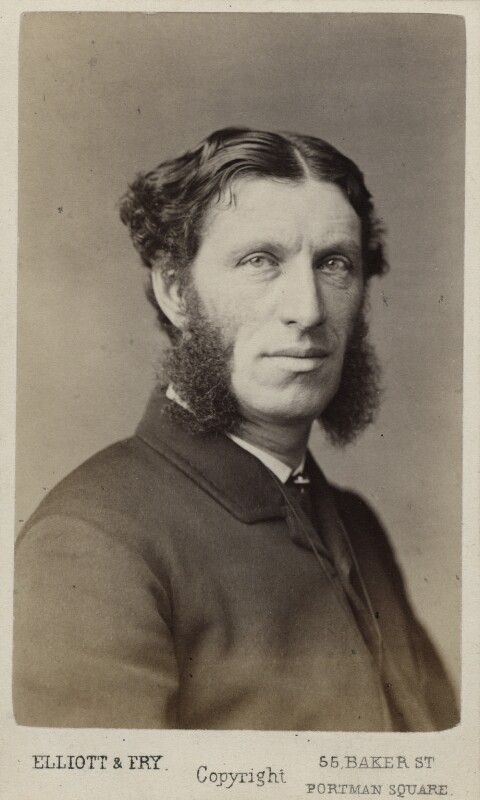
Arnold became more interested in the real-world importance of this wider culture following his appointment in 1851 as inspector of schools. This role allowed him to travel the country, reporting on non-conformist schools and recommending alterations in the education system. While the job itself gave Arnold no reward or satisfaction – he once described it as ‘the work I dislike most in the world’ – his regular tours across provincial England gave him a unique insight into English culture. Arnold began writing more literary and social criticism in the 1850s and 1860s, with much of it casting English culture and policy in a poor light compared to that of continental Europe. Arnold had always felt a deep affinity with France in particular; he travelled there a lot, absorbed their culture and even inspected educational establishments there. He wrote on how superior the French literary tradition was to that of the English, and from there he expanded into more general social criticism, again comparing England poorly to continental culture. Arnold’s concept of culture goes beyond literature and art to encompass human flourishing and fulfilment. He resented Victorian England’s snobbish individualism and selfishness, its narrow and parochial view of high-class ‘culture’. Again inspired by Hellenism, Arnold stressed that culture should support the development of our abilities to live a fulfilled, rich life.
Much of Arnold’s later career was devoted to religious criticism. Doubt was no new theme in Arnold’s work, and his poetry included numerous allusions to a life without faith. His 1867 poem Dover Beach touched on his view of a godless, isolated world, describing the outgoing tide of the ‘Sea of Faith’ and the confusion and insecurity which follows. As this pessimism suggests, Arnold still saw an important social role for the Church in English society, yet he couldn’t overcome his profound lack of faith in biblical literalism. He saw Christianity as allegorical, poetic, and symbolic, rather than scientific, and criticised later theologians and thinkers for representing it as literal. For Arnold, ‘God’ was a symbolic term for something we can’t know: ‘a consciousness of the not ourselves that makes for righteousness’. Arnold’s claims that he wanted to preserve the ‘real’ Christianity didn’t do much to convince those who objected to his writings, believing Arnold to be merely reducing their most sacred dogma to meaninglessness.
Matthew Arnold died suddenly in Liverpool, where he had travelled to meet his daughter on her return from America. He suffered a heart attack, and was buried in Laleham-on-Thames four days later.
No-one ever united so much kindness and light-heartedness with so much strength. He was the most sensible man of genius I have ever known.
Benjamin Jowett, of Matthew Arnold
Whether in his poetry, his educational criticism or his social and religious writings, Matthew Arnold showed a deep understanding of rationalism, beauty, struggle, doubt and human flourishing. A product of his time and upbringing who seemed scarcely able to conceive of a Britain without the cultural pre-eminence of an established Church, Arnold was nevertheless a vocal defender of naturalism, preferring not to take literally that for which there is no evidence. Yet he yearned to salvage the beauty and meaning inherent in what was around him even if his own personal insecurities and struggles perhaps painted this in an unappealingly pessimistic way. There is something very real and endearing in the way that Arnold details humanity’s constant struggle against ignorance, boredom and despair, and his work should inspire us to look out for one another, and help us get through our brief, isolated existence with as much joy and compassion as we can: a deeply humanist sentiment.

The… women on the early ALRA committee were similar in background and outlook. Most of them were active members of […]
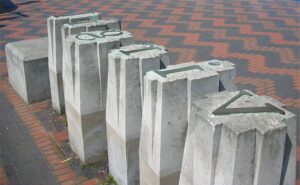
The standing stones represent the letter punches which he cut to make his type, and the word virgil was Baskerville’s […]
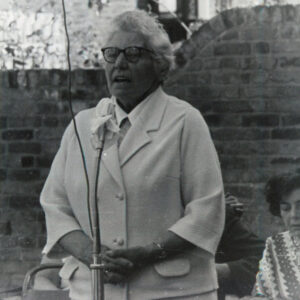
Rose Bush was a member of the South Place Ethical Society for over 50 years, and a driving force in […]
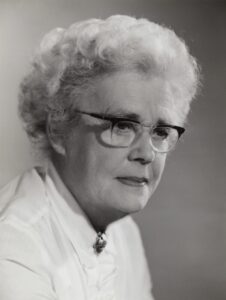
It is in fact a strength, not a weakness, of a secular morality that it must stand upon its own […]